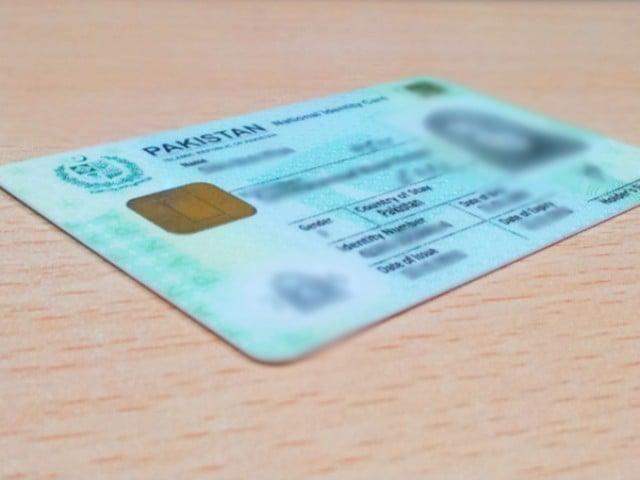The national database and the registration authority (NADRA) has introduced new operational directives for citizens looking for computerized national identity cards (CNIC) and other official documents, aimed at improving data security and rationalizing its services.
According to a recent announcement, citizens visiting the Nadra centers must only transport original documents, because photocopies will no longer be necessary for routine procedures, including B forms and recording certificates.
The authority also said that the use of the CNIC of another person as a reference or guarantee has no legal status.
This decision is part of Nadra’s wider efforts to combat identity fraud and improve transparency in its processes. Clear signaling displaying updated procedures has already been installed in all Nadra centers across the country.
In a separate opinion of public security published by Nadra, the authority warned citizens to avoid unnecessary photocopy of CNICs. The opinion has highlighted increasing concerns concerning fraudulent programs where criminals pretend to be civil servants and try to collect personal data, such as CNIC figures and fingerprints – by offering false prices, financial rewards or incentives.
Nadra stressed that the delivery of your CNIC as guaranteed or for unauthorized services could lead to an identity theft, including financial fraud and illegal registrations.
In recent years, there has been an increase in the reported cases of people victims of such scams, which has prompted Nadra to act quickly with preventive measures and public education efforts.
Citizens were informed of:
-
Bring only original documents when visiting the Nadra offices.
-
Avoid wear or submit CNIC photocopies, unless legally compulsory.
-
Never share CNIC, fingerprints or other personal information in informal settings.
-
Report any suspicious activity in Nadra or to the authorities responsible for the application of laws.
This policy change also aims to reduce documents, increase operational efficiency and protect the personal data of citizens as part of digital security challenges.




